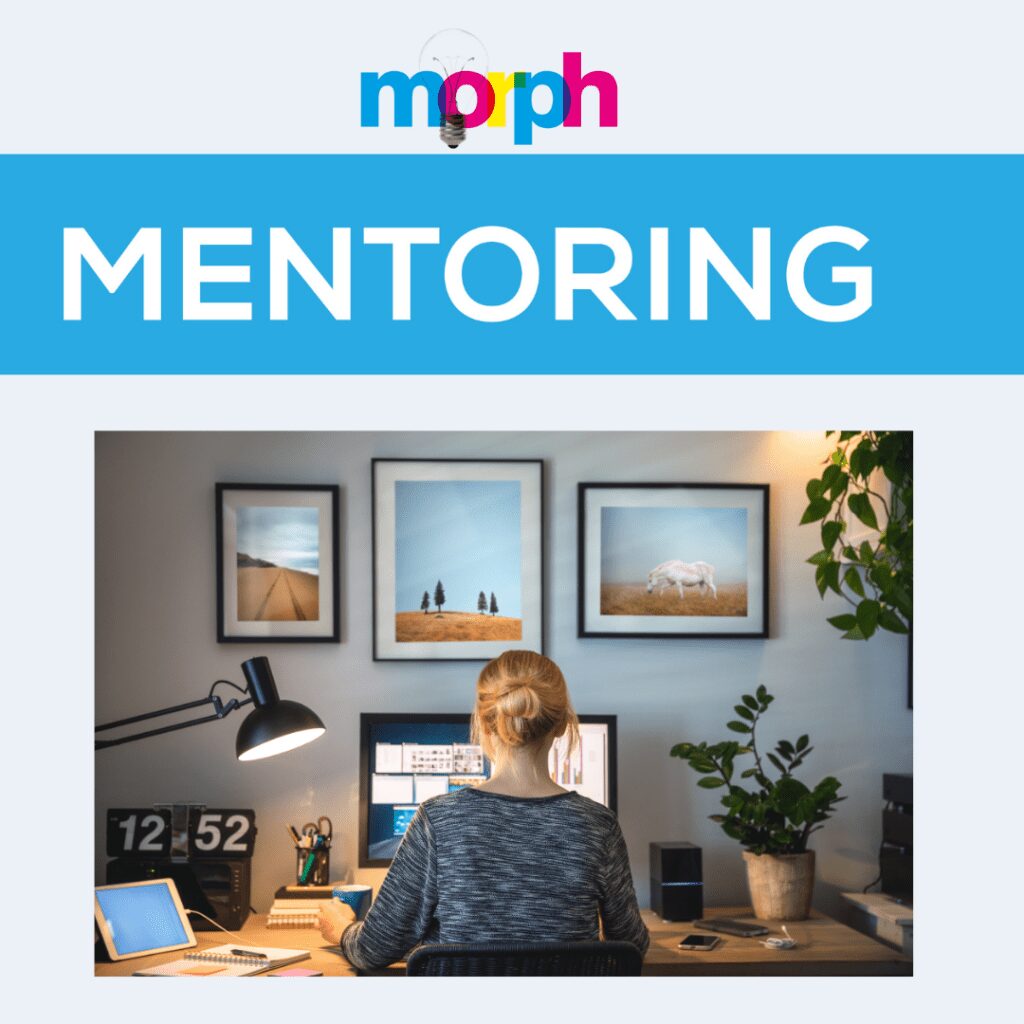Congratulations to Daisy Hazelden who has just completed two weeks work experience with us.
Daisy is in her second year, studying Sociology at Bournemouth and wanted to start exploring
career options for after graduation.
Here Daisy tells us what she learnt on her placement and what she will take away from it.
“Rachel was a great mentor, providing me with useful insights into the world of marketing and
boosting my confidence as well as growing my skills within the field. The experience I gained
during this work placement was vital and equipped me with many transferable skills which can be
used both in and out of the workplace.”
Rachel said “I really enjoyed mentoring Daisy, her enthusiasm and professional approach reflects her great attitude to learning and development. Exploring your options before graduation is a brilliant way to help you decide what you do and don’t enjoy and gives you the opportunity to develop key skills in an area of interest before applying for jobs. Daisy’s commitment to exploring and developing new and existing skills will help her choose a careers she find fulfilling and stand her in good stead for her future.”
Daisy and Rachel’s Top ten tips for getting and making a success of a work experience placement.
1. Give plenty of notice
Daisy gave us six months notice for her placement. We get lots of requests for work experience but
they are often with very little notice and want to start in a few weeks or a month which is not
practical for many business owners.
2. Say why you want to work for that particular business or organisation, go into detail showing that
you’ve researched them and its not just a generic letter asking for a placement.
3. Say what you will bring to the table initially rather than what you will get out of it
4. Once you’ve arranged placement try to tell the employer what you’d like to learn from the
placement and any specialists you’d like to explore.
We like to give our placement students a range of activities to try out so they can see what they
enjoy, and what suits them the most.
Daisy tried writing articles, putting together social media posts and doing website reviews and
found that she enjoyed the writing and researching the most. This is a great way to find new skill
and hone existing ones its also a great way to see which aspects of business appeal to yo the
most.
5. Connect to your newly made contacts on LinkedIn its a great way to start building a professional network.
6. Ask for a recommendation on LinkedIn at the end of your placement this will give you something
to show others that is credible and useful to your LinkedIn profile.
7. Keep a diary of what you have learnt each week, this will be useful for your CV and interviews.
8. Be punctual for your appointments and working days
9. Be flexible respect the fact the employer is running a business and may have urgent requests to
deal with.
10. Use your initiative and try to show that you are willing to learn by researching things yourself
before asking for help.
11. Know when to ask for help, don’t take risks that could have negative impact on your reputation.
12. Use a spell checker like grammerley so when you hand in pieces of work they don’t contain errors and show that you can communicate well.
